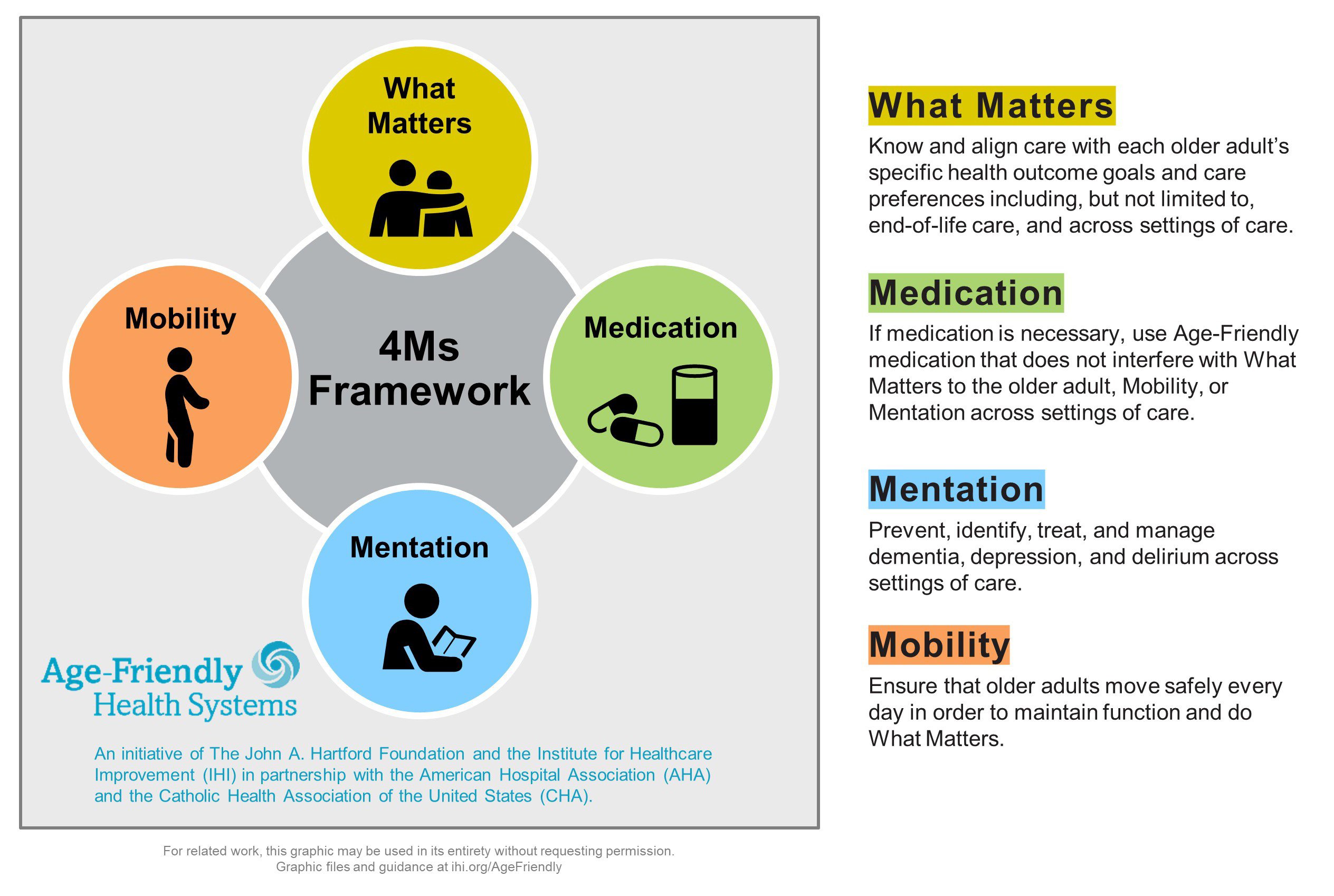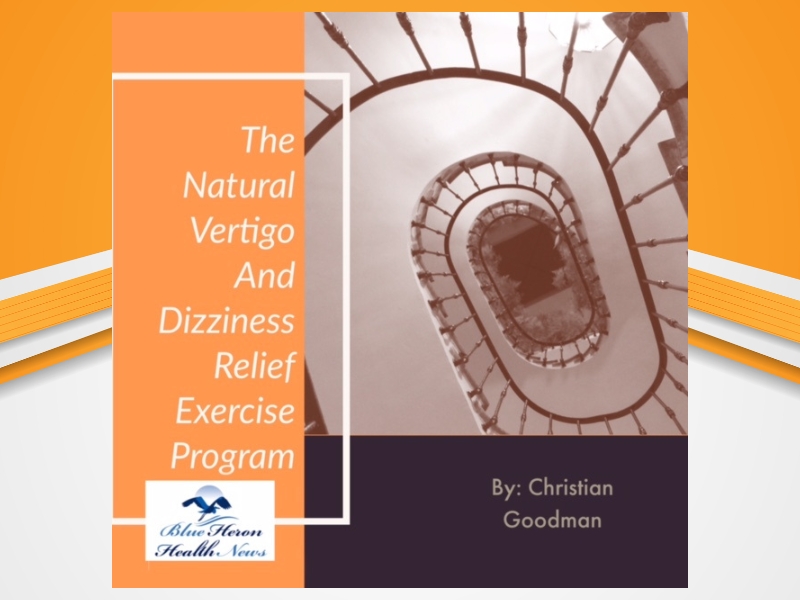All Categories
Featured
Table of Contents
When taking care of an older adult, it is very important not to forget routine treatment-- things that seems evident yet that may not be on your radar. Here is a review of what to bear in mind. Everybody requires routine appointments. Some older grownups (and young ones, also) reason that since they just saw the doctor last month about that sinus issue, they don't require to go once again.

One firm that markets them is American Medical Identifications. Know your mother's standard-- what's "normal" for them. Some older grownups have a reduced regular body temperature level than 98.6 levels Farenheit, and others have had persistent troubles throughout their lives. Be acquainted with Mother's "default setup," and understand modifications.
Overview of stem cell therapy for [A@symptom]
If, for example, they go via surgery, chances are they will come out of it with a new standard. Know your enjoyed one's total clinical history and keep a document of it to be taken to doctor's consultations and examined typically. Just as crucial is to understand your own case history, in situation genetic issues occur or transplants or transfusions end up being necessary.
Did you know that dehydration is a common root cause of lots of problems in older adults, consisting of circulation problems? Make certain liquids are readily available all day long. Just how about an appealing thermos for the bedside or a water colder in the living-room and on the outdoor patio? Get one on casters so it can be moved from area to area.
Keep lots of cream around. Dry, chapped hands are especially typical in winter months. When you visit department stores, ask the people at the cosmetics counters completely free examples, and keep these around your home to be used often. Also natural supplements can often be a bad blend with certain drugs or cause adverse effects by themselves.
Can you manage [A@symptom] with stem cells?
Inspect them out with their doctor, no matter just how harmless you believe they are. This is especially essential in people with diabetes. An electronic thermometer is easier to use than a mercury thermometer.
Do not forget to ask about these. Maintain a list-- a "progress report"-- and upgrade it regularly to track exactly how your parent is making with meal prep work, housework, mobility (in and out of your house), washing, buying, cash issues, medicines, bathing, dressing, and eating. These are vital tasks of daily living (ADLs), and problem with them indicates there may be difficulty.
Breakthroughs in stem cell therapy for [A@symptom] — what the science says
They are not economical, but they can be cheaper than relocating and will help maintain your parent independent for a longer time. For a person that rests a lot, an ergonomic chair that uses better lumbar assistance and flexible functions (chair elevation, armrest height, seat depth) can make a substantial distinction in total health.
If there are preventive steps that must be kept in mind, make a list and upload it in an area where it can't potentially be missed. However transform the list and its location every now and then to ensure that it does not obtain taken for given after a while. If you make use of a dry get rid of board or a chalkboard, ask your moms and dad to check off the points as they are complied with.
On the other hand, a glass of white wine every now and then has been known to be useful for the heart. Get in touch with your loved one's medical professional for an excellent guideline of thumb. In the meanwhile, locate some "zero-proof" recipes and clothe them up-- little umbrellas and all-- for a special or also not-so-special event.

Keep boxes of them around your home; independently wrapped ones can enter your handbag or wallet and in the automobile. Prevent foot fungi by maintaining feet tidy and dry. That indicates changing socks daily and shoes usually. It's also a good concept to allow feet "air out" once a day.
Does stem cell therapy support [A@symptom] explained
Cotton is better. If socks are also tight at the tops, they can conflict with circulation. Cut notches right into them to make certain they don't bind. Show your loved one to value pain. If something hurts, there's a reason for it. Bedsores-- or stress sores-- result when there is constant pressure on an area where bones are close to the skin's surface.
Consult a physician if you see red, splitting, or dried skin. Make sure linens are not irritating, and wash them typically.
Latest Posts
Are there supportive options for [A@symptom] in today’s clinics?
Does stem cell therapy support [A@symptom] — what the science says
Breakthrough option for [A@symptom] using stem cells